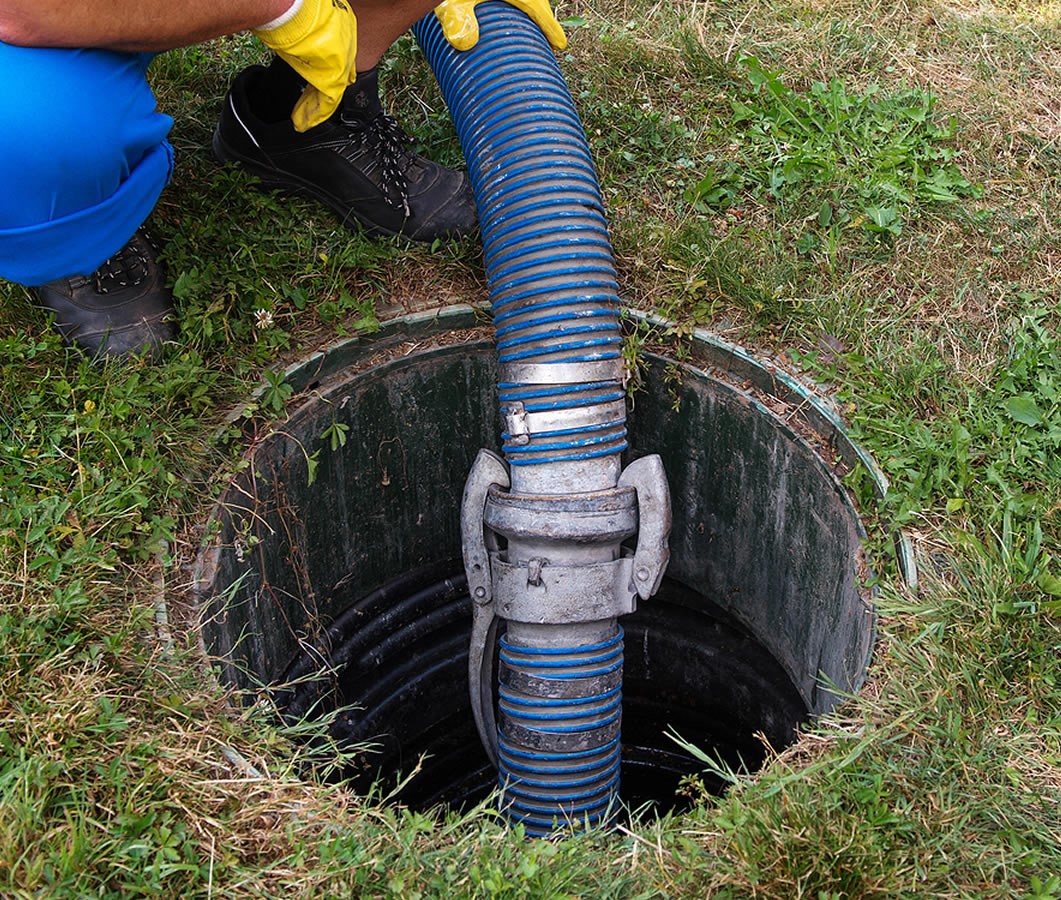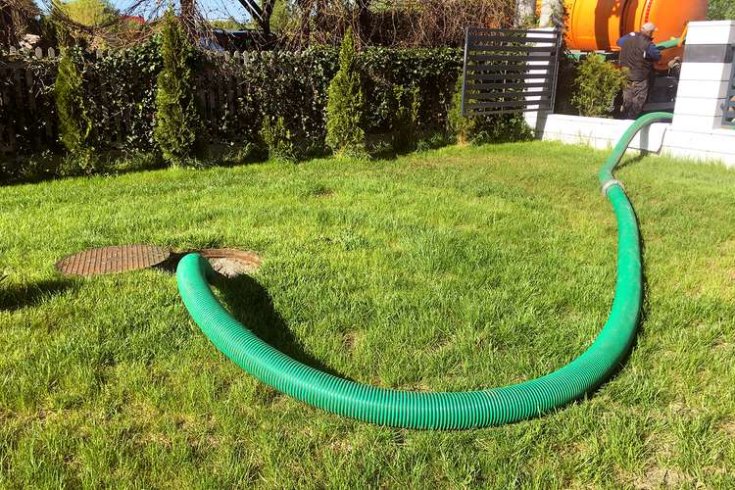
29
Because septic tanks are expensive and essential for your home, they must be properly maintained. Sadly, people don't think about the septic tank until it breaks down. The extremely low temperatures of the winter can cause the septic tank to freeze, resulting in issues. Therefore, you need as much assistance as you can get to keep the septic tank operating at its peak during the winter and avoid unpleasant surprises. Learn six helpful tips to ensure a smooth winter for your septic system.
Check the lid of your tank for any holes or leaks. The tank shouldn't let any water. The tank's drainage system should also be checked out to make sure there are no blockages that can cause issues. Make a note of the location of your tank lid or manhole cover while you are checking things out in case snow covers them up. Eliminating water leaks inside your home is just as important as checking the tank lid for cracks or damage. Keep in mind that you shouldn't have any extra water in your tank. Additionally, if left unchecked, a dripping faucet can damage the interior. Contact a septic company and schedule an appointment for a septic inspection before winter.
Winterize your plumbing and home before the cold sets in if you won't be living there during the winter. Drain and winterize your pipes after having a septic tank pumping in Mooresville. Have the septic system inspected once more for signs of damage from the winter before returning to your property in spring.
Since moving water does not freeze, it should stay flowing through the system daily. This isn't a problem for most families with active members. Regular plumbing use, such as taking showers, washing dishes, and doing laundry, should provide sufficient action to stop the tank's liquid from freezing. Having said that, avoid overfilling your tank and allowing a faucet to run continuously. Overfilling the tank with water can have its own set of issues. Insulate your pipes and always maintain a high temperature indoors if you are concerned about your pipes freezing.
We offer clean-out services throughout the year and highly recommend having septic tank pumping every two to four years. Get in touch with Charlotte Septic Pros right away to set up an appointment if your tank needs to be serviced. You don’t want to be worrying about a septic backup during the winter. We can also check your tank and septic system thoroughly to make sure they are prepared for the cold.
Reducing activities in the area of the drain field and the septic tank is an important winter maintenance tip for your system. Keep any mechanized vehicles off of the ground over the system since they can compel snow further into the dirt and nearer to your tank and drain field, causing freezing issues. Also, don't shovel snow that is above the drain field; instead, let it melt on its own.
Your septic system, like you, likes to stay warm in the winter to keep working and avoid problems. First, have a septic company inspect the system to ensure the septic tank is secure and free of holes or leaks. Second, get some insulation for the drain field. During the warmer months, the easiest way to insulate your drain field is to let the grass grow over it to keep heat in to prevent freezing and damage. Alternatively, you can purchase drain field blankets with specialized insulation.
If you need more tips on preparing your septic system for the winter, call Charlotte Septic Pros.

28
Why Is Sewage Backing Up into My Tub? When wastewater starts rising into your bathtub, it’s more than just unpleasant—it’s…
Read more
22
Can Bacteria Additives Eliminate the Need for Pumping? If you own a home with a septic system, you’ve probably seen…
Read more
12
A single slow drain in your home can feel like a minor inconvenience. Maybe the sink takes a little longer…
Read more
05
Are Slow Drains a Septic Issue or Just a Clog? Slow drains are one of those household problems that start…
Read more
02
What Septic Service Techs See That Homeowners Miss Most homeowners only think about their septic system when something goes wrong.…
Read more
21
Simple Habits That Protect Your Septic System A well-functioning septic system does its job quietly, but the moment something goes…
Read more
14
Pump Now or Pay Later: The Real Cost of Skipping Maintenance A properly functioning septic system is easy to forget…
Read more
11
Why Your Septic System Always Acts Up at the Worst Time Homeowners often feel that septic problems strike at the…
Read more
04
Early Warning Signs Your Septic Tank Needs Pumping For homeowners who rely on a septic system, routine maintenance is not…
Read more
29
Why Does My Septic System Smell Fine One Day and Terrible the Next? If you own a home with a…
Read more